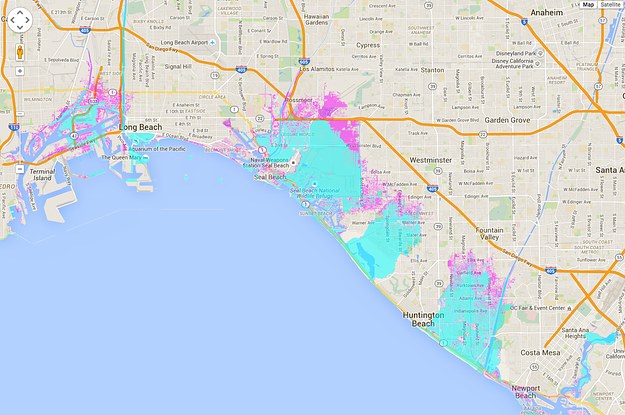

Once the severe weather has passed you should: If your property is starting to flood, or if you are being told to evacuate, turn off your electrical supply. Listen to the radio, TV and/or social media for updates and information.ĭon't go out unless you really have to, and make sure someone knows where you are going and how long you will be.
consider leaving your pet with someone who is not at risk of flooding.ĭuring severe weather you should stay home and keep to the safest part of the building – away from windows. p ark your car in the safest place possible: away from trees and high walls. tell neighbours, family or friends if you're going to stay somewhere else during the bad weather. protect doorways and low level vents with sandbags (make sure you turn off vents first). close windows, and draw the curtains to protect against flying glass. move valuables and food upstairs or to the safest place in your home. put emergency supplies in a safe and easy-to-reach place. If there has been a severe weather warning issued by Jersey Met or any of the Emergency Services, you should: Remember to remove the plastic covers once the area is no longer flooded Plastic covers can stop water coming in through your airbricks in a flood. plastic covers to seal airbricks - airbricks are normally found in brick-built homes on external walls near ground level and are designed to allow air to circulate through the building. floodboards - floodboards fix to frames around windows and doors. However, supply could be limited so it’s a good idea to buy your own sand and bags, or alternatively use pillowcases and plastic bags filled with earth sandbags - the Parish may make sandbags available during a flood to help you protect your home. You should follow the manufacturer’s instructions to put these products in place when at risk of flooding. making the clean-up process easier and faster. reducing damage to walls, floors and fixtures and fittings. 
slowing down the rate at which water enters your property.preventing water from entering your property.

If you are in a high risk area, consider buying special ‘flood protection’ products which can help stop flooding damage to your home and belongings. If you live in rented accommodation, contact your landlord to find out about the insurance cover for your flat or house.
find out if damaged belongings will be replaced with new ones (‘new for old’ policy). Check your home insuranceĬheck your buildings and contents insurance policy to: Consider marking which taps and switches to turn off with stickers – this makes it easier to remember and quicker to do. If you have any doubts about how to turn off your gas, water or electricity, you should ask your supplier for advice. Follow these steps if you think that you might be at risk of flooding: Make sure you know how to turn off gas, electricity and water







 0 kommentar(er)
0 kommentar(er)
